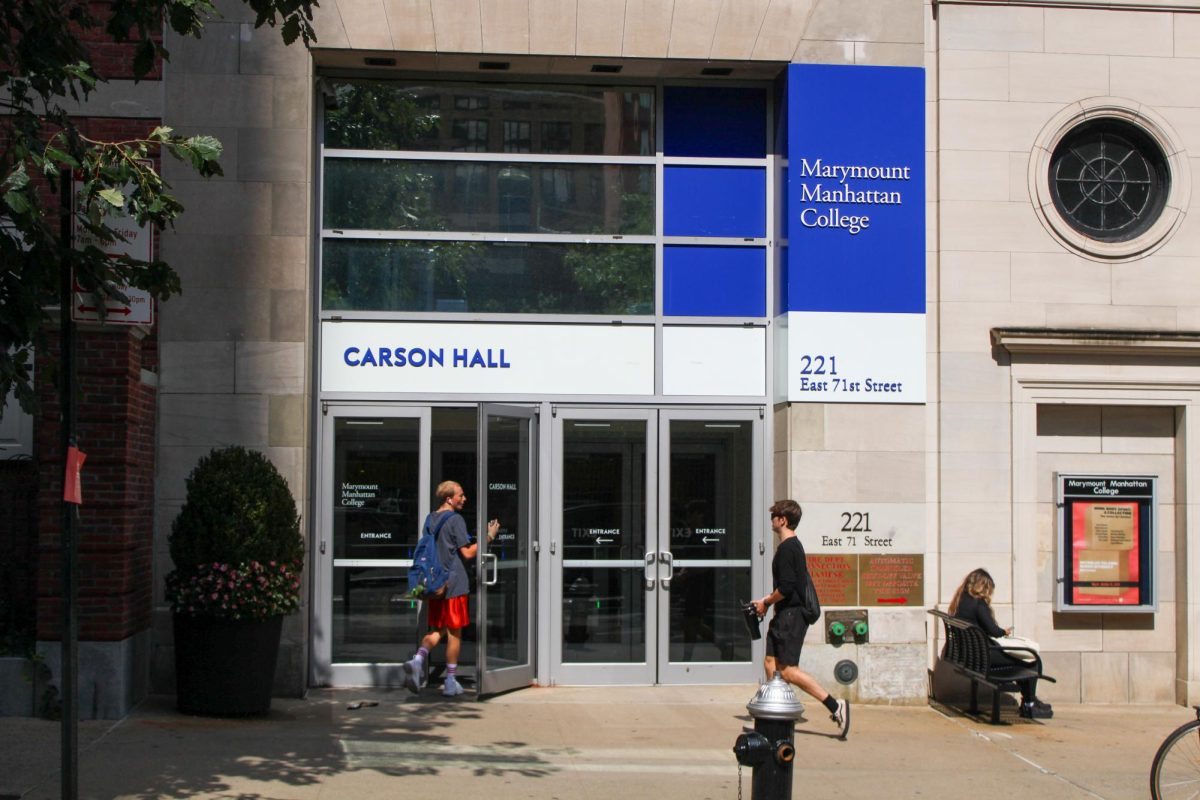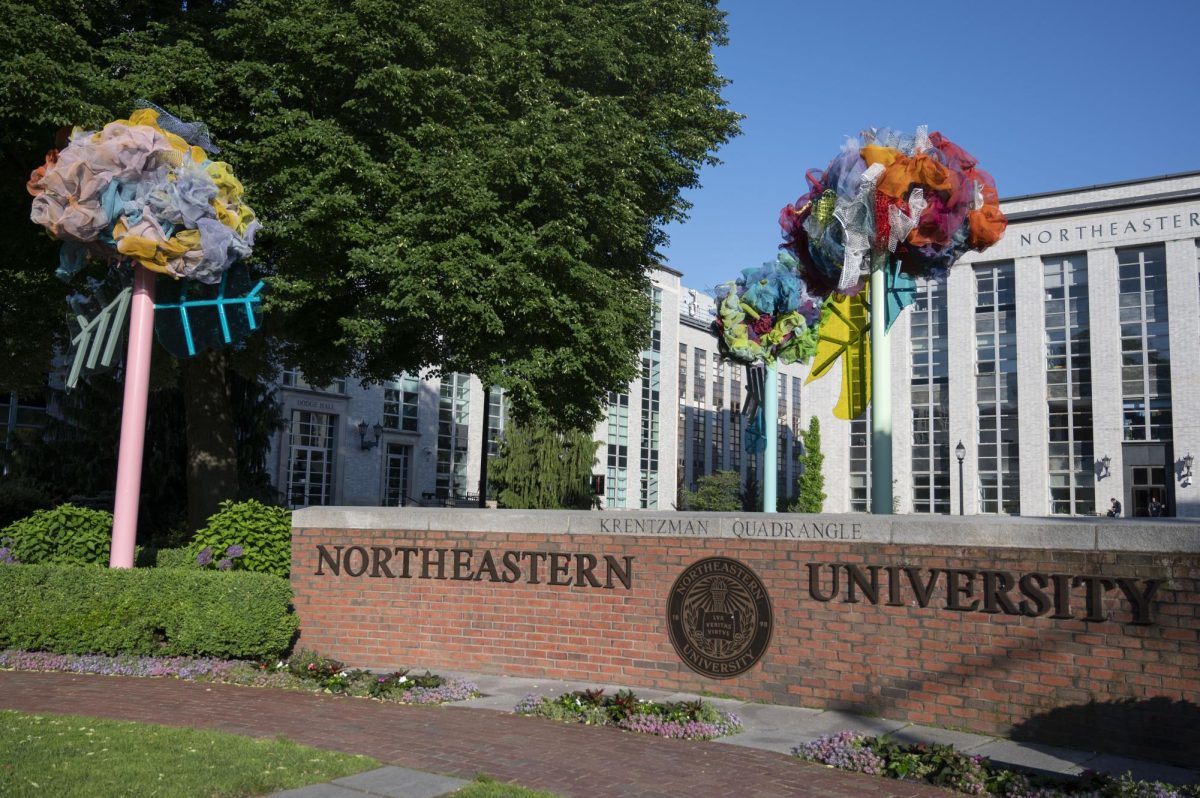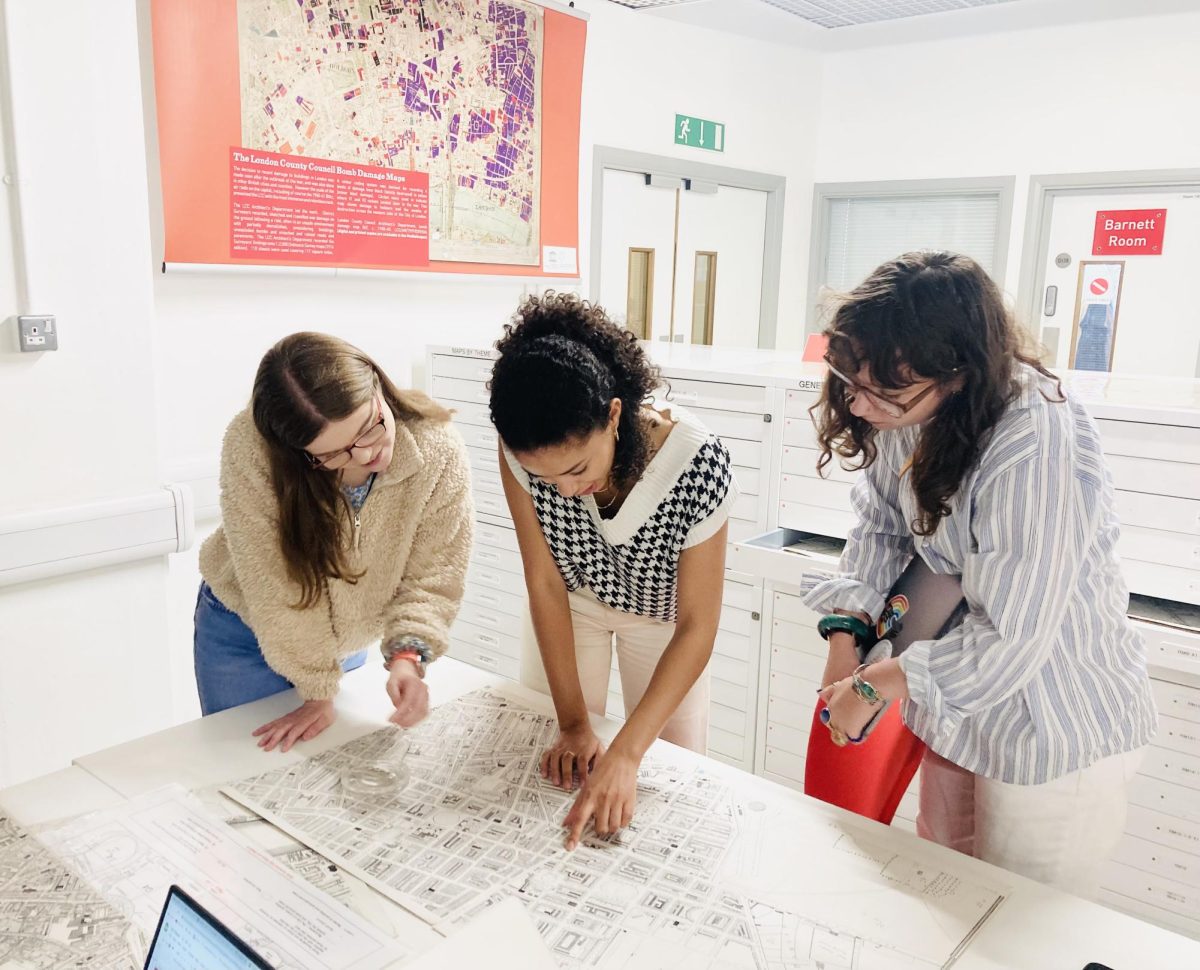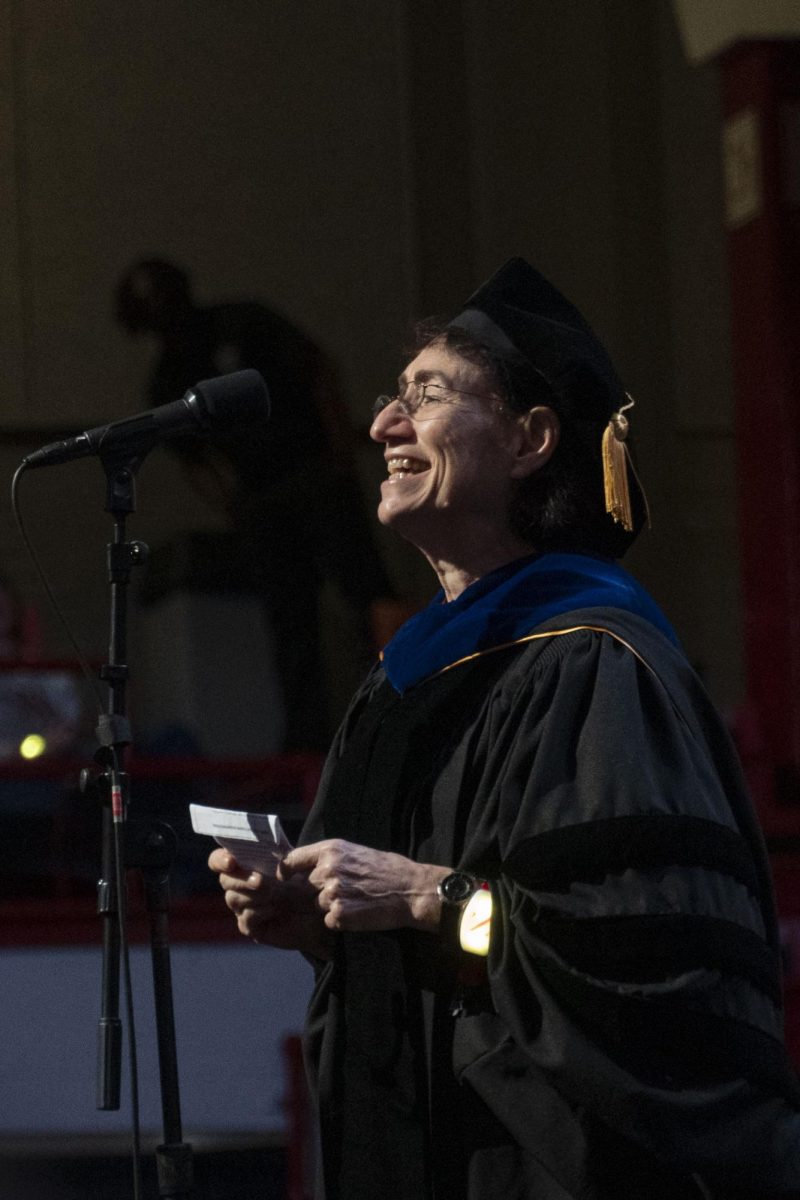By Lauren DiTullio, News Correspondent
Tensions ran high as communication studies majors discussed the future of their department with members of the faculty in a forum held on Tuesday evening. As members of the communication studies department expressed differing opinions, proposed solutions included a changing the name of one of the new colleges.
Among approximately 50 students in attendance at 201 Mugar Hall, the majority of students who spoke had a concentration in Public Advocacy and Rhetoric or organizational communication. These students said the College of Social Sciences and Humanities is the logical fit for the department. They said that while every concentration within communication studies draws upon these disciplines, not every concentration falls into the category of art, media, or design, which is the alternative.
‘I just don’t understand why it’s a question if 100 percent of us fit into [one college], but not the other,’ one student said during the forum.
Some students expressed discontent with the direction the forum had taken.
‘If we’re in [The College of Art, Media, and Design], it’ll say that on our degree, and we’ll be expected to have a background in media,’ said Tara Fernandez, a sophomore communication studies major with a concentration in organizational communication, ‘We’re not going [in] that direction for a reason.’
Many students agreed that organizational communication and Public Advocacy and Rhetoric stood to lose resources by being moved into the College of Art, Media, and Design. They suggested that Media Studies students, however, would not be at a disadvantage in the College of Social Science and Humanities. Although there is an emphasis on media, the students said they felt the field of communication itself is rooted in the humanities.
Some students posed the argument that the Media Studies concentration constitutes the majority of the department.
Professor of Architecture Timothy Love, one of the external faculty members on the task force, said changing the name of the College of Art, Media, and Design was a possibility. Love said the task force had considered this option as a compromise that would solve the problem of lumping all of Communications Studies together under the term ‘media’.
‘What if we change the name to the College of Art, Communication, and Design?’ he asked the students. ‘Does that solve the problem?’
Some students said that it would, but many maintained that the semantic problem of the name was second to the fact that all but Media Studies students would be treated unfairly by being denied placement in the College of Social Science and Humanities.
‘How can we have a college with ‘humanities’ in the title that does not include communication?’ one student asked during the forum. ‘I don’t understand that.’
When students questioned the decision to move the department as a whole instead of breaking it up by the concentrations, the task force chair Marjorie Platt spoke to the advantages of conserving the current structure of Communication Studies.
‘I think the provost’s office sees this as a strong department, and wants to keep one strong department as opposed to two smaller departments,’ she said. She also said it was her understanding that moving as one would allow the course offerings, graduation requirements, and curriculum of the department to remain the same.
‘The task force is charged to do this with the least disruption possible,’ Vice Provost for Academic Affairs Mary Loeffelholz said.
No predictions about the eventual placement of the department were put forth by the faculty present. Along with Platt, Love, and Loeffelholz, a faculty representative from each of the three concentrations attended the forum. Additionally, student representatives have gone through a selection process by the Student Government Association (SGA) to serve on each of the task forces dedicated to the restructuring of the College of Arts and Sciences, SGA Vice President of Academic Affairs Amanda Sabia said. The two students serving on the Communications Studies task force also attended the forum.
‘It’s all a part of the process,’ Platt said after the meeting, ‘on which it would be premature to comment.’
‘








